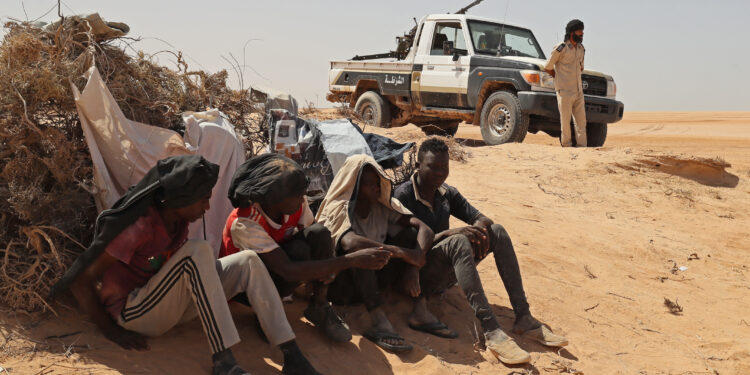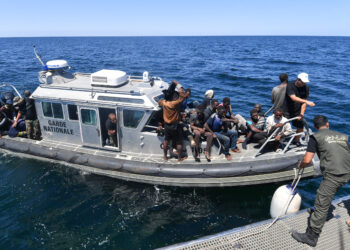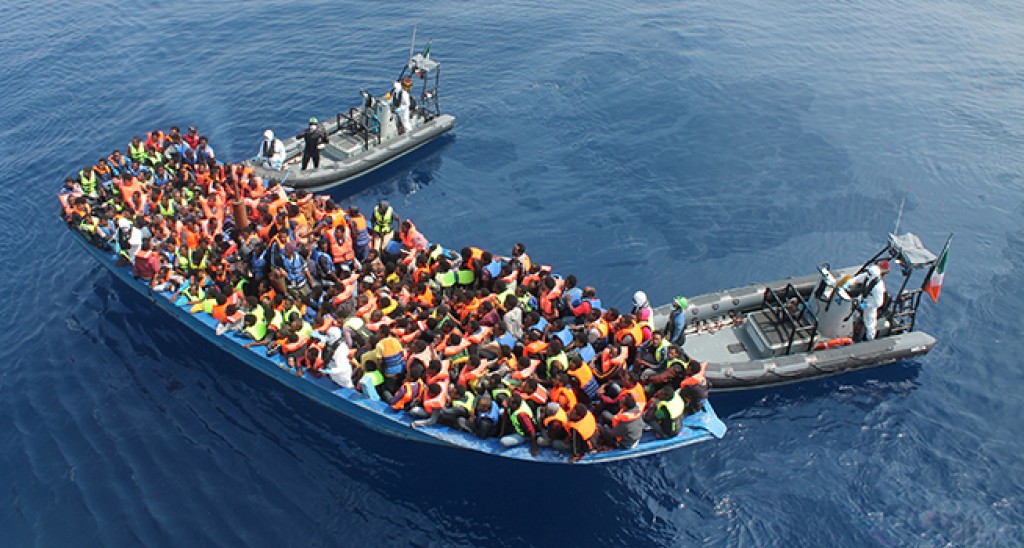Brussels – The European Commission denies making funds available to Tunisian security forces as part of the EU-Tunisia agreement to reduce migrant departures to Europe. Thus, it rejects the charges of involvement in the documented human rights violations perpetrated by the Tunisian National Guard. Spokeswoman Ana Pisonero said, “European funds for migration in Tunisia are channelled through international organizations, member states and NGOs present on the ground.”
International Organization for Migration (IOM), the United Nations High Commissioner for Refugees (UNHCR), and the Tunisian Red Cross: While it is true that they are Brussels’ main partners on the ground, there is no question that they cannot be the ones to do the “preventive” work required by the European Union. That is, stopping migrants on the North African country’s shores and preventing them from crossing the Mediterranean. For Tunisia to be able to do this, the EU has already disbursed €42 million for refitting ships, vehicles, and other equipment for the Tunisian coast guard, as well as providing new boats, thermal imaging cameras and other operational assistance.
As accurately accounted for by a document presented to member state ambassadors on December 20, 2023, the EU also planned to fund “the construction and equipping of a command and control centre for the Tunisian National Guard” in the desert on the border with Libya. This does not automatically mean that the EU abdicates its role as a human rights defender on the altar of outsourcing its borders. Migration management must align with EU standards on the rights of migrants and asylum seekers, and the European Commission “monitors its programs through various tools, including regular reports from implementing partners, on-the-spot verification missions, results-oriented monitoring exercises and external evaluations,” Pisonero listed.
Except to later admit that “third-party monitoring will be established by the end of 2024.” As for verification missions, in 2023, two EP delegations were refused entrance to Tunisia. That is not exactly an encouraging sign. It is “very important that the violence, rapes and pushbacks carried out by Tunisian security forces, under a regime of complete impunity established by President Kais Saied, are duly investigated by the competent authorities,” the European Commission spokeswoman then intimated.
The input is unlikely to be taken up by Tunisia, whose government has already described the allegations published last week by The Guardian as “false and unfounded.” Not even after the October 6 presidential elections, in which Saied’s re-election is considered virtually certain. The request to launch an investigation, however, came just today in The Hague: lawyers and the families of imprisoned Tunisian opposition leaders have asked the International Criminal Court to investigate political repression and abuses against sub-Saharan migrants.
English version by the Translation Service of Withub








